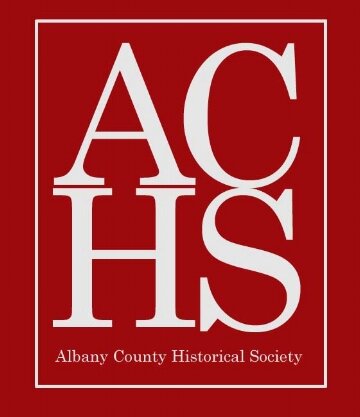CARRIE BURTON OVERTON – FIRST AFRICAN AMERICAN GIRL TO ATTEND U.W.
Carrie Burton was born in Laramie in 1888, and despite the odds being stacked against her, she entered the University of Wyoming in 1903 at the age of 15.
Carrie’s mother, Katie, was from Missouri where she had been married to a man named Carroll. Together they had a son named Bennie. Carroll died about 1887 and Katie and Bennie moved to Laramie.
Katie then married John R. Burton and soon Carrie was born. Burton, however, was somewhat of a scoundrel and was arrested and convicted for burglary and attempted rape in 1890 and sent to the federal penitentiary in Illinois.
Later in life Carrie would state that she never really knew her father. Instead she would recall her stepfather, Katie’s third husband, Thomas Price, whom she credited as a major influence in her musical career.
Young Carrie suffered through several very painful experiences. She was molested by a “fortune teller” in March 1900. He was subsequently arrested and convicted of his crime. In summer of that same year her half-brother Benny drowned in the Laramie River.
A year later she was talked into running away to Cheyenne by an older girl who had stolen money from her father to pay for the train tickets. The pair was arrested and returned to Laramie. Carrie was released without charges being filed.
The family was also subjected to indignities because of their race. Wyoming law discriminated against African Americans with respect to marriage and education. Carrie was frequently taunted by other children with racial epithets. The local newspaper noted that Carrie had succeeded despite the “prejudice against her race.”
Yet, Carrie did not hold a grudge against the Laramie community. In fact, her best friend was Miriam Corthell, daughter of wealthy attorney Nellis Corthell. And later in life she would state, “I have found there is no place like Laramie for good people. Everybody helped. Everybody in town felt we were family.” Those remembrances may have been colored by the passage of time.
Carrie was a very good student and a musical prodigy, and she was called upon to perform for the community many times. The combination would open a world of opportunities for her. At age 15, having completed eight grades in the public schools, she entered the University of Wyoming.
At U.W. she studied in three different areas. In the Preparatory School she finished her high school requirements. In the School of Commerce, she obtained a certificate in stenography and in the School of Music she honed her piano skills.
After four years at U.W. Carrie moved on to Howard University in Washington D. C. Her attendance was facilitated by both the local community and the faculty at U.W.
To help cover the cost of getting to D.C., local ladies, with Jane Ivinson in the lead, sponsored a 1908 fund raising concert for Carrie. Her performance received high praise and was a resounding success.
At the same time Dr. Aven Nelson and others at U.W. encouraged Carrie to attend Howard. They wrote glowing letters of recommendation and corresponded with both the president of Howard and the head of the music department.
Carrie was accepted and left Laramie in September for Washington. At first the experience was trying. Carrie noted in a letter published in the Laramie paper that she had a job at the university but had to temporarily stop working due to illness. That created a financial hardship that she had to work even harder to overcome.
Eventually she found her footing and was very happy with her life in Washington. She received a music diploma from Howard in 1913 and soon after married George Overton. The couple, who had no children, moved to New York City in the early 1920’s. Carrie continued her musical studies and received a diploma from the Juilliard School of Music in piano studies and musical theory.
As a crowning achievement, Mrs. Overton composed an original musical work based on African folk songs that was performed at Juilliard in May 1940 and hailed as a success.
She also continued her academic studies when she entered Columbia University. There she was awarded both Bachelor and Master’s degrees. Carrie was also employed by the NAACP, the Democratic National Committee and the Community Church of New York City.
Despite working and studying full time in New York, Carrie never forgot her Laramie roots. She returned for a visit in 1921 and in 1960 she came back to Laramie for the 50th reunion of the U.W. class of 1910.
Carrie Burton Overton also played a role in the fund raising efforts of the Laramie Plains Museum to buy the Ivinson mansion as its future home. In January 1972 she was encouraged by U. W. Professor Robert Burns to write the story of her work for the Ivinson family.
The story was expanded upon by Alice Hardie Stevens and carried in the Boomerang on March 1. It recapped Carrie’s employment as a stenographer and musician for Mrs. Ivinson. It also noted Carrie’s fondness for the “Lady in the Mansion.”
Carrie Burton Overton died in New York City on December 1, 1975. She should be remembered for the way she persevered in the face of early poverty and discrimination. That perseverance led to many accomplishments which she tied to her upbringing in Laramie. In a letter to the Laramie paper, she put it this way, “In all these things I have tried to repay the good people of Laramie for the faith they had in me.”
By Kim Viner
Caption: Carrie Burton Overton courtesy Univeristy of Wyoming American Heritage Center, Buffum Collection

